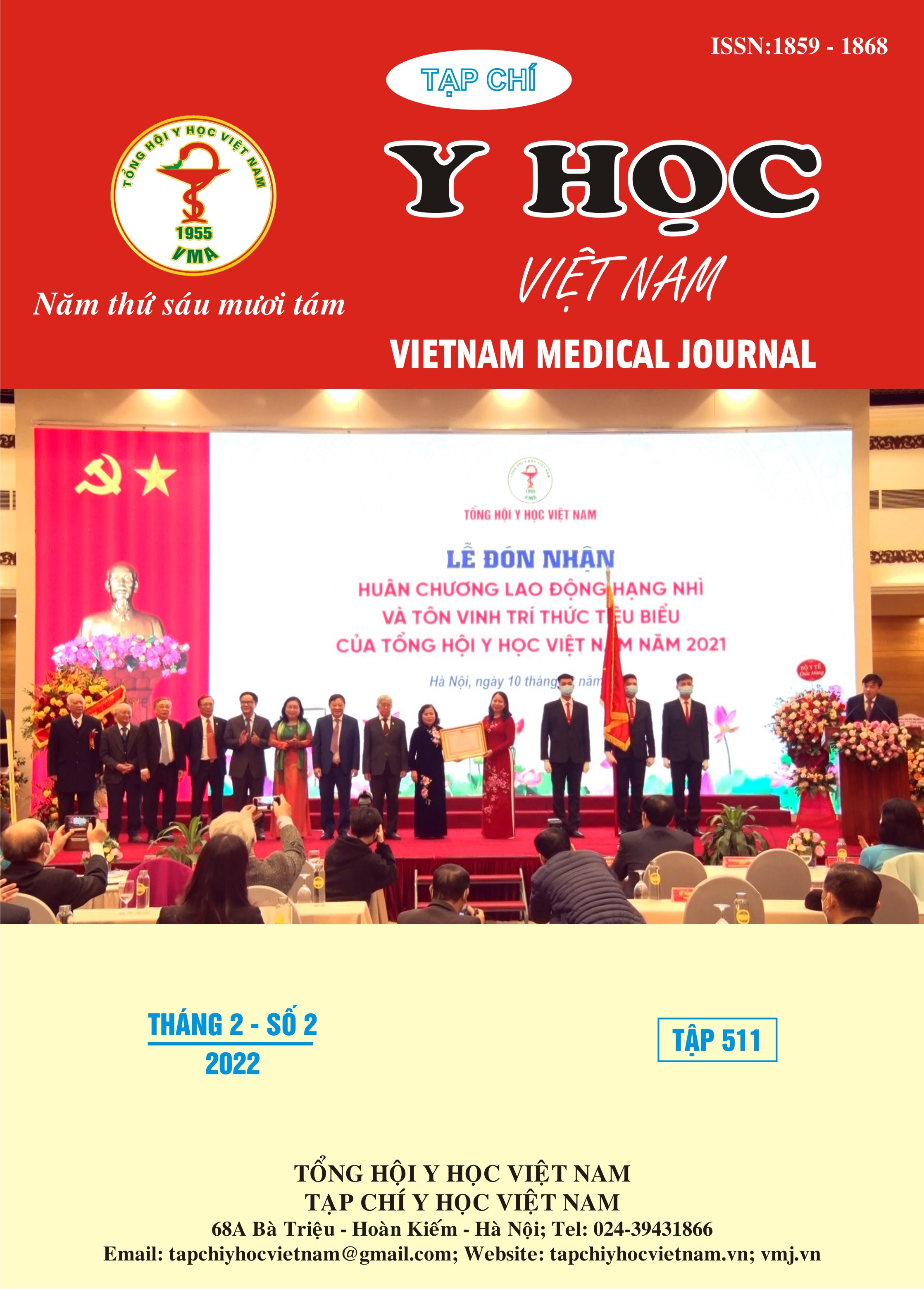RESEARCH CLINICAL FEATURES OF POSTPARTUM DEPRESSION
Main Article Content
Abstract
Objective: To study the clinical features of postpartum depression. Methods: Analysis of clinical characteristics in 31 postpartum depression patients treated at the Department of Psychiatry, 103 Military Hospital. Research results: Time illness under 3 weeks was found in many cases (54.84%); Symptoms of decreased mood, loss of interest and enjoyment, insomnia accounted for 100%. Fatigue, pessimistic patients accounted for 93.55%. 29.04% of patients have delusions of self-incrimination, 80.65% of patients having suicidal ideation. Patients with severe and moderate level accounted for 93.54%. In which, patients with severe level with Beck score of 41.25 ± 7.76 and after 3 weeks of treatment, depressive symptoms completely relieved 87.1%. Conclusion: Clinical features of postpartum depression are diverse and abundant and test Beck is a method used to assess the level of depression of patients.
Article Details
Keywords
Postpartum depression, Level Beck
References
2. Nguyễn Bích Thủy (2013), “Thực trạng và một số yếu tố liên quan đến trầm cảm ở phụ nữ sau sinh tại hai phường của quận Hà Đông-Hà Nội năm 2013”, Luận văn thạc sĩ, Trường Đại học Y tế công cộng.
3. Bùi Quang Huy, Phùng Thanh Hải, Đinh Việt Hùng (2016), Rối loạn trầm cảm, Nhà xuất bản Y học, Hà Nội.
4. Brummelte S. and Galea L.A. (2016), “Postpartum depression: Etiology, treatment and consequences for maternal care”, Horm Behav; 77: 153-166.
5. Šebela A., Hanka J. and Mohr P. (2018), “Etiology, risk factors, and methods of postpartum depression prevention”, Ceska Gynekol; 83(6): 468-473.
6. Lin Y.H., Chen C.M. Su H.M. et al. (2019), “Association between Postpartum Nutritional Status and Postpartum Depression Symptoms”, Nutrients; 11(6): 1204.
7. Brockington I. (2017), “Suicide and filicide in postpartum psychosis”, Arch Womens Ment Health; 20(1): 63-69.
8. Guille C., Newman R., Fryml L.D. et al. (2013), “Management of postpartum depression”, J Midwifery Womens Health; 58(6): 643-653.


